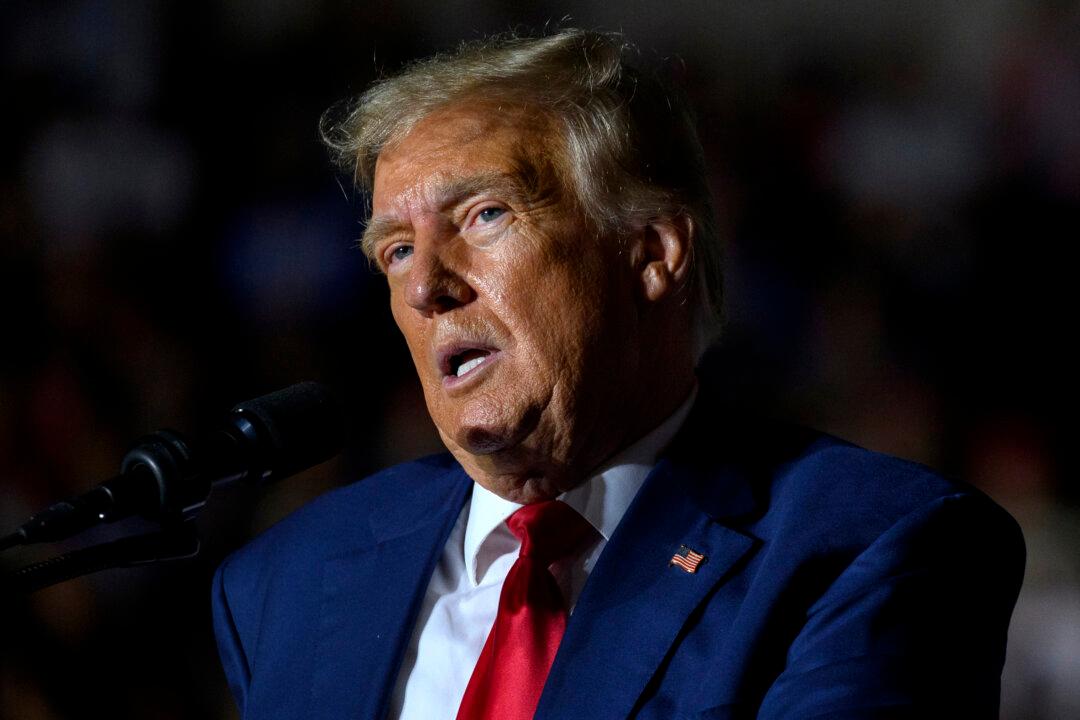Former President Donald Trump is asking to have a Sensitive Compartmented Information Facility (SCIF) reestablished at his home at the Mar-A-Lago resort so that he can discuss with his lawyers classified information involved in the court case he’s battling.
Prosecutors with Special Counsel Jack Smith, who brought the charges, have previously scoffed at President Trump’s request, calling it “extraordinary,” particularly given that the case involves allegations that President Trump illegally kept national defense information, including documents marked as classified, at Mar-a-Lago.





